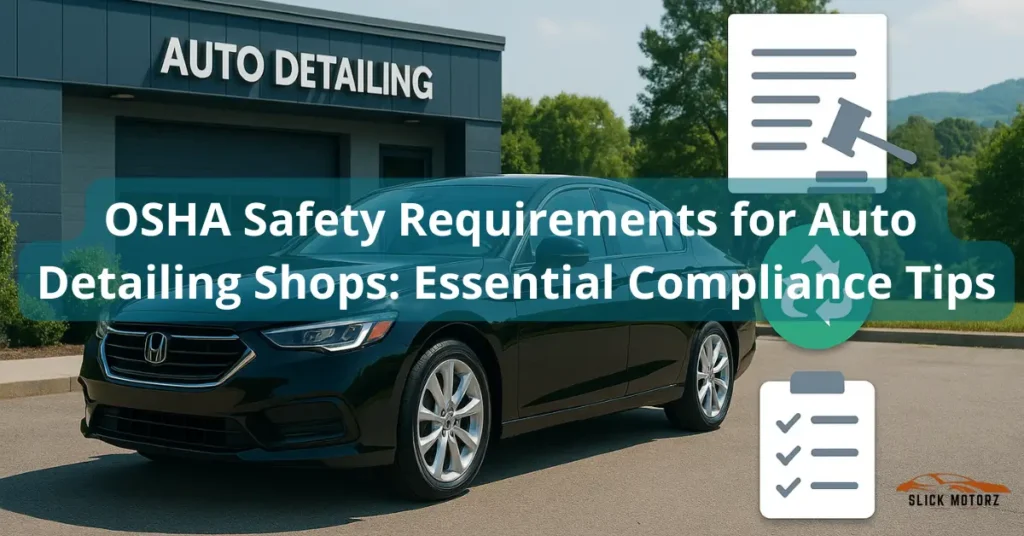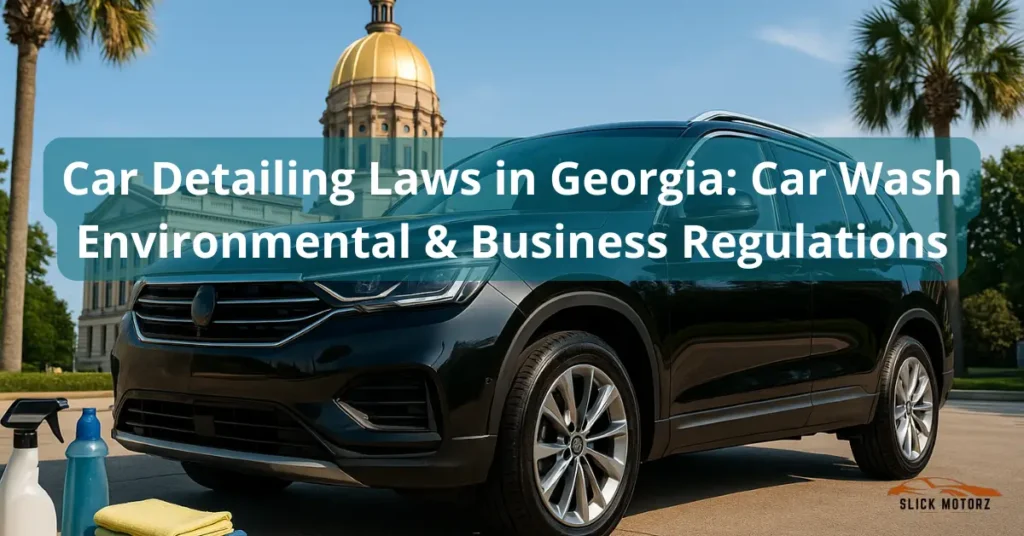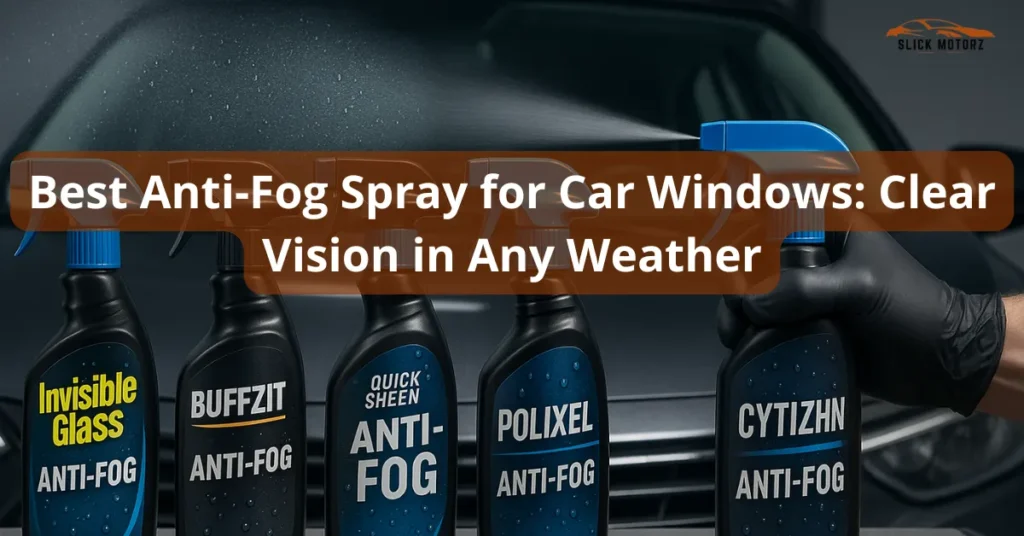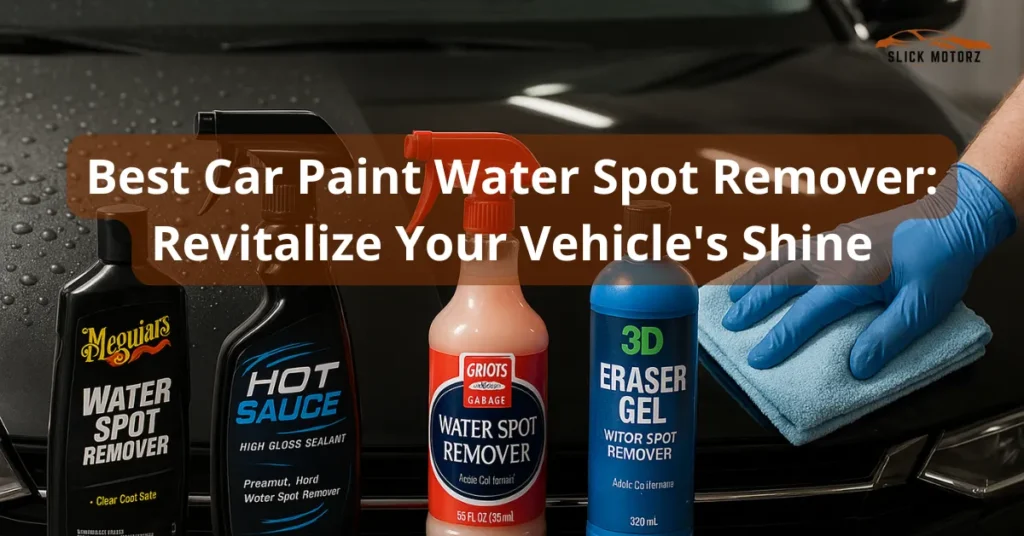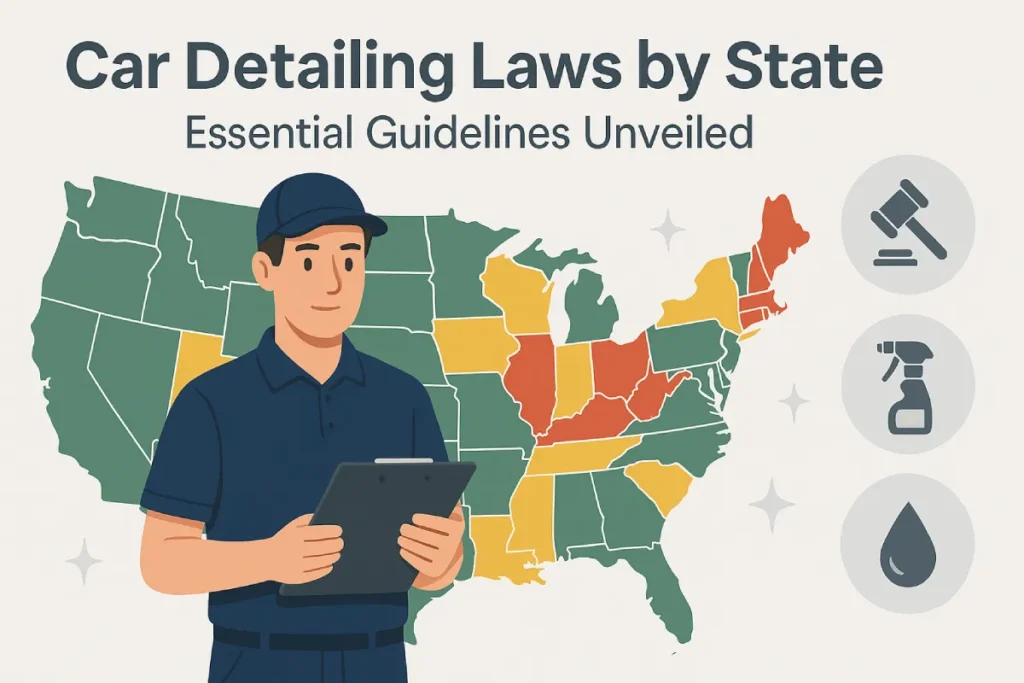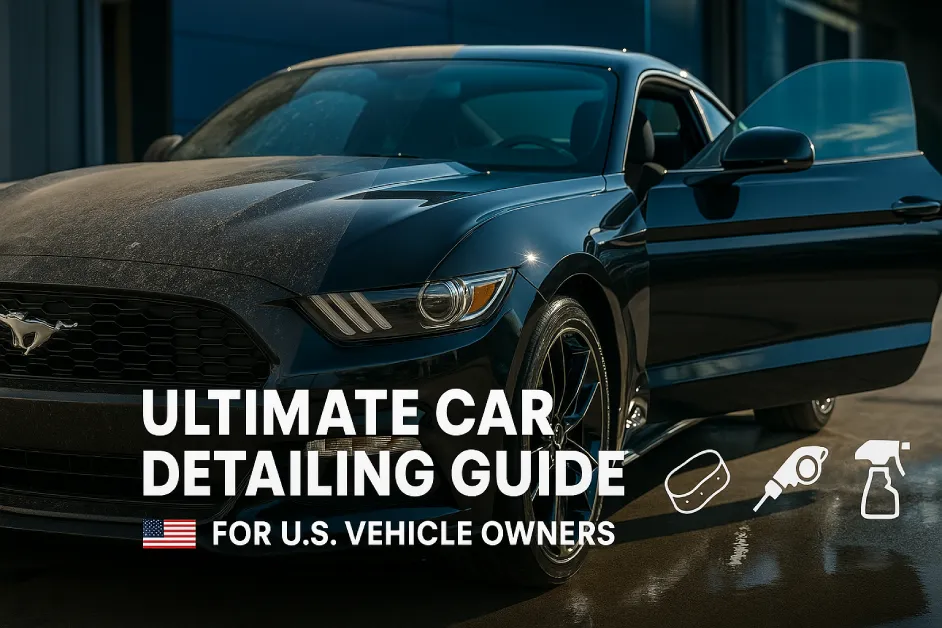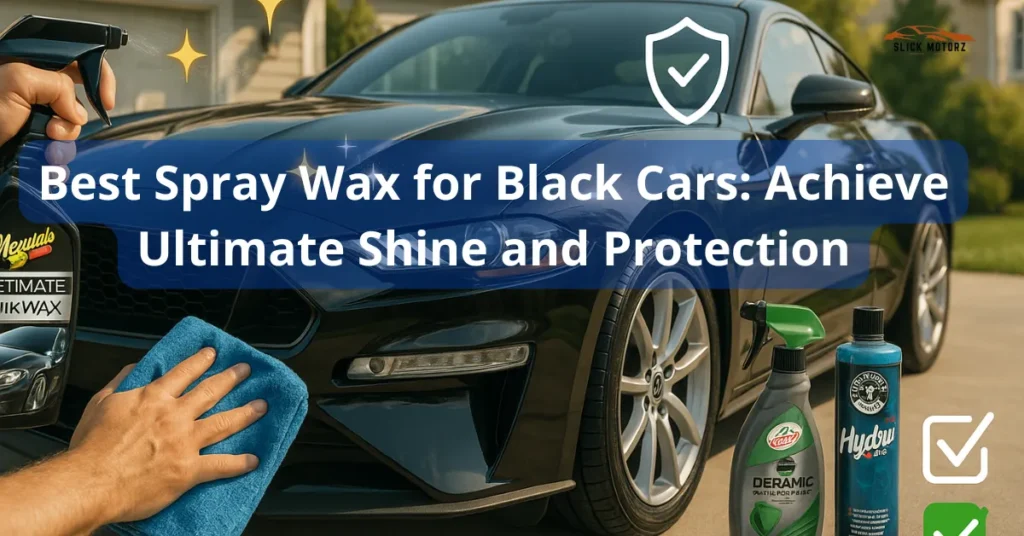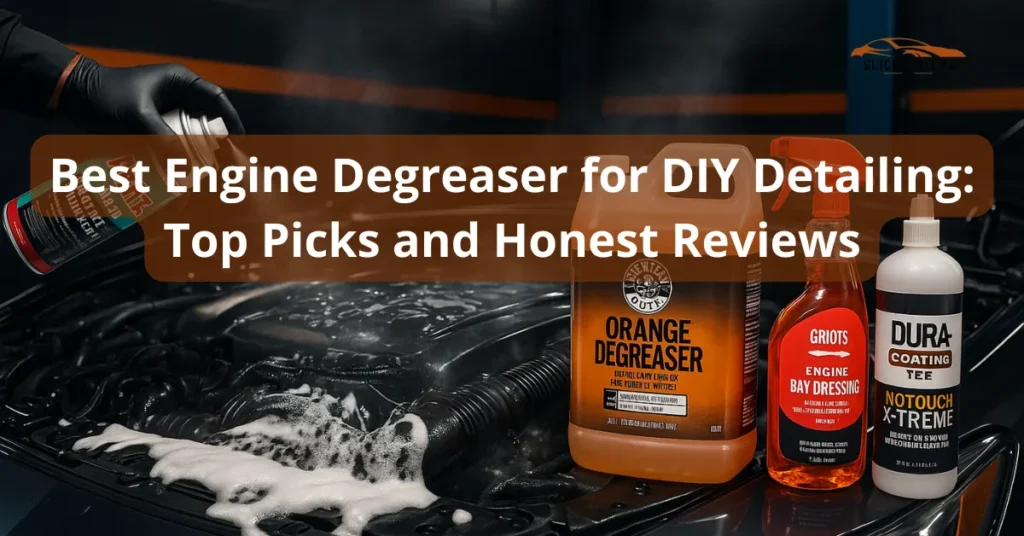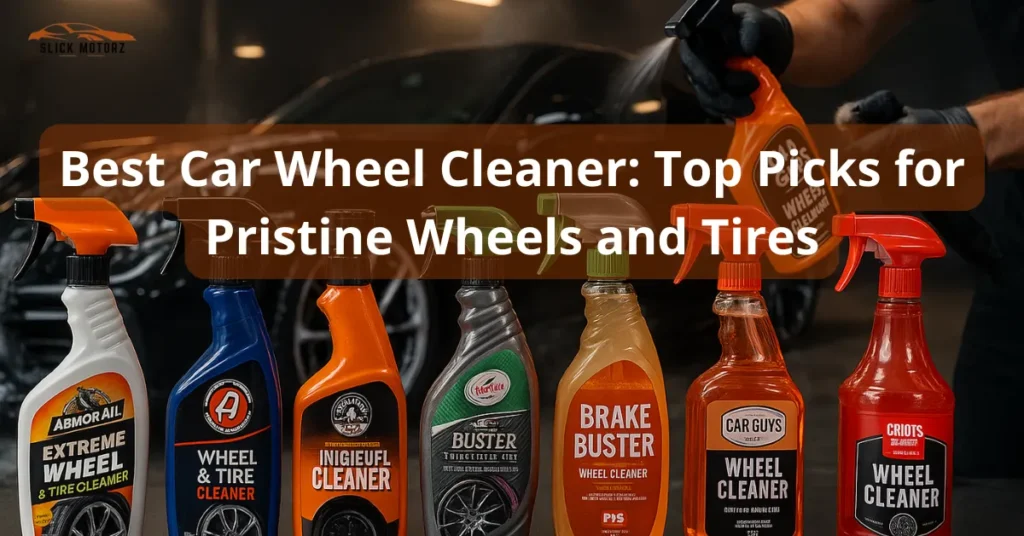If you’re passionate about keeping your car spotless and shiny, understanding the car detailing laws in Maine is a must. You might think detailing is just about cleaning, but the state has rules that can affect what products you use, where you can wash your car, and how you manage water runoff.
Ignoring these laws could result in fines or harm to the environment you care about. You’ll discover everything you need to know to detail your car safely and legally in Maine. Stay with us, and you’ll never have to worry about breaking the rules while giving your vehicle that perfect finish.

Credit: m.yelp.com
Maine Car Detailing Regulations
Maine car detailing regulations protect the environment and ensure safe business practices. These rules guide detailers on licensing, waste disposal, and environmental compliance. Following them keeps businesses legal and customers safe.
Licensing Requirements
Car detailers in Maine must obtain a business license before starting. The license proves the business meets state rules and standards. Some cities may require additional permits for detailing services.
Detailers must also follow local zoning laws. These laws control where businesses can operate. Checking with local authorities prevents fines or shutdowns.
Environmental Compliance
Maine enforces strict rules on water and air pollution from car detailing. Detailers must use biodegradable soaps and cleaners. Harsh chemicals that harm water sources are banned.
Water runoff must be controlled to avoid polluting lakes and rivers. Proper drainage systems or water reclamation equipment are often required. These measures protect Maine’s natural resources.
Waste Disposal Rules
Detailers must dispose of waste materials safely and legally. This includes used oils, solvents, and chemical containers. Businesses must follow state hazardous waste regulations.
Improper disposal can lead to heavy fines and environmental damage. Many detailers partner with licensed waste disposal companies. This ensures all waste is handled correctly and safely.
Permitted Vehicle Modifications
In Maine, vehicle owners can make certain modifications without breaking the law. The state allows specific changes that improve vehicle appearance or performance. These modifications must follow set rules to ensure safety and compliance. Understanding permitted vehicle modifications helps avoid fines and legal issues.
Body Lift Standards
Maine permits body lifts on vehicles without anti-lock brakes. The lifts must come from approved aftermarket manufacturers. They should fit the vehicle’s make and model exactly. Installation must follow the manufacturer’s instructions carefully. This ensures the lift is safe and does not affect vehicle control. Proper body lifts can improve off-road capability and vehicle height legally.
Aftermarket Parts Guidelines
Aftermarket parts are allowed if they meet safety standards. Parts must be designed for the specific vehicle model. They should not impair braking, steering, or lighting systems. Maine requires parts to be installed correctly and securely. Illegal modifications include parts that increase noise or pollution. Using legal aftermarket parts can enhance vehicle style and function safely.
Consumer Protection Laws
Maine’s consumer protection laws offer strong safeguards for car buyers. These laws ensure buyers receive fair treatment and quality vehicles. Understanding these protections helps consumers make informed decisions. The laws cover new and used cars, focusing on vehicle defects and warranties.
Lemon Law Basics
Maine’s Lemon Law protects buyers of new cars with serious defects. The defect must affect the vehicle’s use, safety, or value. Buyers must report the problem during the original warranty period. The law allows buyers to seek repairs or a replacement. If the issue persists, they may get a refund or a replacement vehicle.
Used Car Coverage
Maine also offers some protection for used car buyers. Coverage applies if the defect appears during the manufacturer’s warranty. The defect must be significant and impact the car’s safety or use. Buyers should check if the car still has warranty coverage. This law helps protect against hidden problems in used vehicles.
Reporting Defects
Buyers must report defects to the dealer or manufacturer quickly. Timely reporting is essential to activate legal protections. Keeping records of repairs and communications strengthens the buyer’s case. If the dealer does not fix the problem, buyers can seek legal help. Maine offers arbitration to resolve disputes efficiently and fairly.
Detailer Responsibilities
Detailers in Maine have specific duties to follow under car detailing laws. These responsibilities protect vehicle owners and maintain industry standards. Every step, from notification to communication, plays a key role in compliance.
Manufacturer Notification
Detailers must inform the vehicle manufacturer about any major issues found during detailing. This helps track defects and ensures proper repairs. Prompt notification can prevent further damage and protect the vehicle’s warranty.
Repair Documentation
Keeping detailed records of all repairs is essential. This documentation must include parts used, labor performed, and dates of service. Accurate records support transparency and help resolve any future disputes with customers or manufacturers.
Customer Communication
Detailers must clearly explain all findings and repair options to customers. Honest communication builds trust and helps clients make informed decisions. Updates during the process keep customers aware and satisfied with the service.
Environmental And Safety Standards
Maine enforces strict environmental and safety standards for car detailing businesses. These rules protect the environment and ensure worker safety. Detailers must follow guidelines on chemical use, water runoff, and safety equipment. Compliance helps prevent pollution and accidents.
Chemical Use Restrictions
Maine limits the types of chemicals used in car detailing. Only approved cleaning agents that are less harmful to the environment are allowed. Harsh chemicals like certain solvents and acids are banned. Businesses must store chemicals safely and dispose of waste properly. These rules reduce air and water pollution risks.
Water Runoff Management
Managing water runoff is crucial in Maine’s car detailing laws. Water mixed with soap and chemicals cannot flow into storm drains or natural water bodies. Businesses must use containment systems or filtration devices. These measures stop harmful substances from polluting rivers and lakes. Proper runoff control protects Maine’s clean water sources.
Safety Equipment Requirements
Maine requires car detailers to use specific safety equipment. Workers must wear gloves, goggles, and protective clothing. Ventilation systems should reduce exposure to fumes and dust. Fire extinguishers and first aid kits must be accessible on site. These safety rules minimize health risks and workplace accidents.
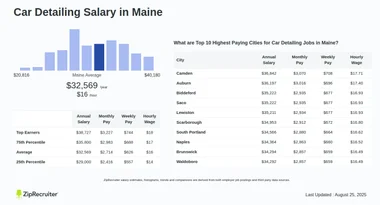
Credit: m.yelp.com
Legal Risks And Penalties
Understanding the legal risks and penalties in car detailing in Maine is crucial. Businesses and individuals must follow state laws carefully. Violating these laws can lead to serious consequences. These include fines, sanctions, and legal disputes. Staying informed helps avoid costly mistakes and protects your reputation.
Common Violations
Common violations include improper waste disposal and using banned chemicals. Many car detailers fail to secure the necessary permits. Operating without a license also breaks the law. Ignoring water runoff rules is another frequent issue. These violations can harm the environment and public health.
Fines And Sanctions
Maine imposes fines for each violation, often starting at several hundred dollars. Repeat offenses can lead to higher fines or business closure. Authorities may suspend or revoke licenses in serious cases. Non-compliance with environmental laws may result in cleanup costs. These penalties aim to enforce safe and legal practices.
Dispute Resolution
Disputes often arise over fines or permit denials. Maine offers mediation as a way to resolve conflicts without a court. Formal appeals can be filed with state agencies. Legal representation is advisable for complex cases. Quick resolution helps minimize business disruption and legal costs.
Starting A Detailing Business In Maine
Starting a car detailing business in Maine can be rewarding and profitable. This state has a growing market for vehicle care services. Understanding the legal requirements is important to avoid fines and delays. Below are the key steps to begin your detailing business smoothly.
Business Registration
Register your business with the Maine Secretary of State. Choose a business name that is unique and fits your service. Decide on the type of business structure, such as sole proprietorship, LLC, or corporation. File the necessary paperwork and pay the registration fee. Also, obtain an Employer Identification Number (EIN) from the IRS for tax purposes.
Insurance Needs
Insurance protects your business from financial risks. General liability insurance covers damage to customer vehicles or property. Consider commercial auto insurance if you use vehicles for your business. Workers’ compensation insurance is required if you hire employees. Talk to an insurance agent to find policies that fit your needs and budget.
Local Zoning Laws
Check local zoning laws before opening your business location. Some areas restrict commercial activities in residential zones. Contact your city or town office for zoning rules and permits. You may need a special permit for washing cars or using water outdoors. Ensure your business location complies with all local regulations to avoid penalties.
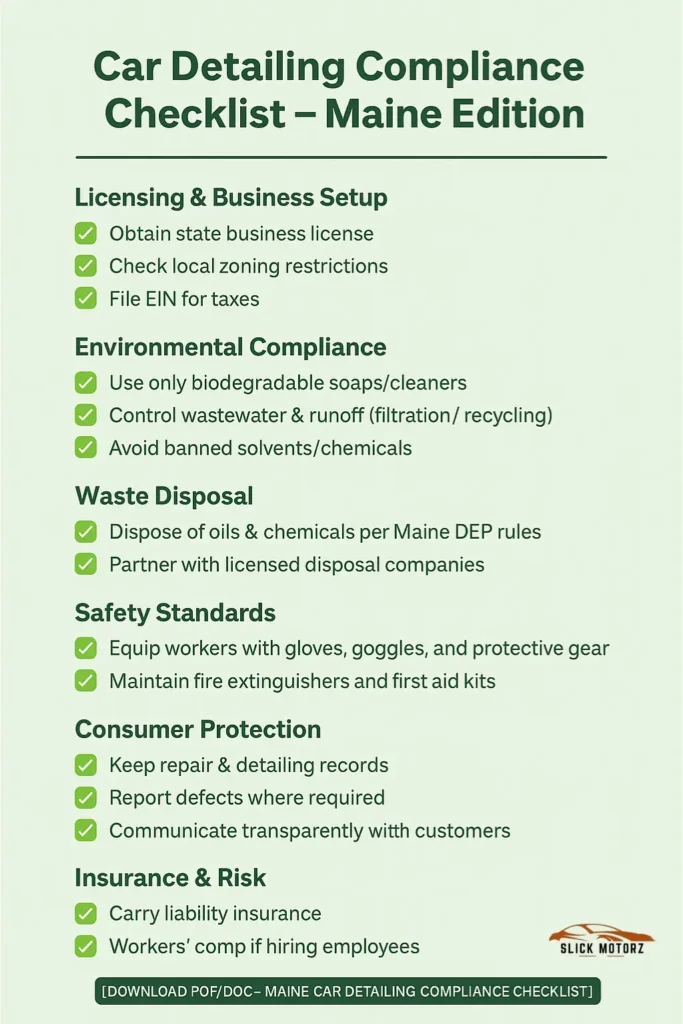
Credit: loio.com
Resources For Detailers
Car detailing professionals in Maine need reliable resources to navigate legal rules. Understanding these resources helps detailers stay compliant and protect their business. Several options offer legal advice, industry support, and skill development.
Legal Assistance
Detailers can consult specialized lawyers for help with Maine’s car detailing laws. These experts explain local regulations about chemicals, waste disposal, and business licensing. Legal aid ensures detailers avoid fines and lawsuits. Access to affordable legal advice is crucial for new and experienced detailers.
Industry Associations
Joining Maine or national car detailing associations connects detailers with peers and experts. These groups share updates on laws affecting the industry. Associations also offer networking events and resources that support business growth. Membership often provides discounts on supplies and insurance.
Training And Certification
Proper training helps detailers follow Maine’s safety and environmental laws. Certification programs teach best practices for handling products and waste. Certified detailers gain trust from customers and stand out in the market. Many courses are available online or in-person, fitting different schedules.
Frequently Asked Questions
What Car Mods Are Legal In Maine?
Maine allows body lifts if no anti-lock brakes exist. Kits must fit the vehicle and follow the manufacturer’s instructions. Other mods must comply with state safety and emissions rules.
Does Maine Have A Used Car Lemon Law?
Maine’s Lemon Law mainly covers new vehicles under the original warranty. Used car protection applies only if defects arise during that warranty. Buyers must report serious issues to the manufacturer and give the manufacturer a chance to repair the issue. Legal advice helps pursue claims through arbitration or other remedies.
What Car Modifications Are Legal In Maine?
Body lifts are legal if designed for your vehicle model and installed per manufacturer guidelines. Anti-lock brake systems affect eligibility.
Does Maine Have A Used Car Lemon Law?
Yes, Maine’s Lemon Law covers used cars under certain conditions, like defects during the warranty period.
Conclusion
Understanding car detailing laws in Maine helps you stay safe and legal. Always follow state rules on vehicle modifications and detailing practices. Proper care protects your vehicle and respects environmental standards. Check local regulations regularly, as laws can change. Staying informed avoids fines and keeps your car in top shape.
Simple steps make detailing easy and lawful. Protect your investment with knowledge and care.


